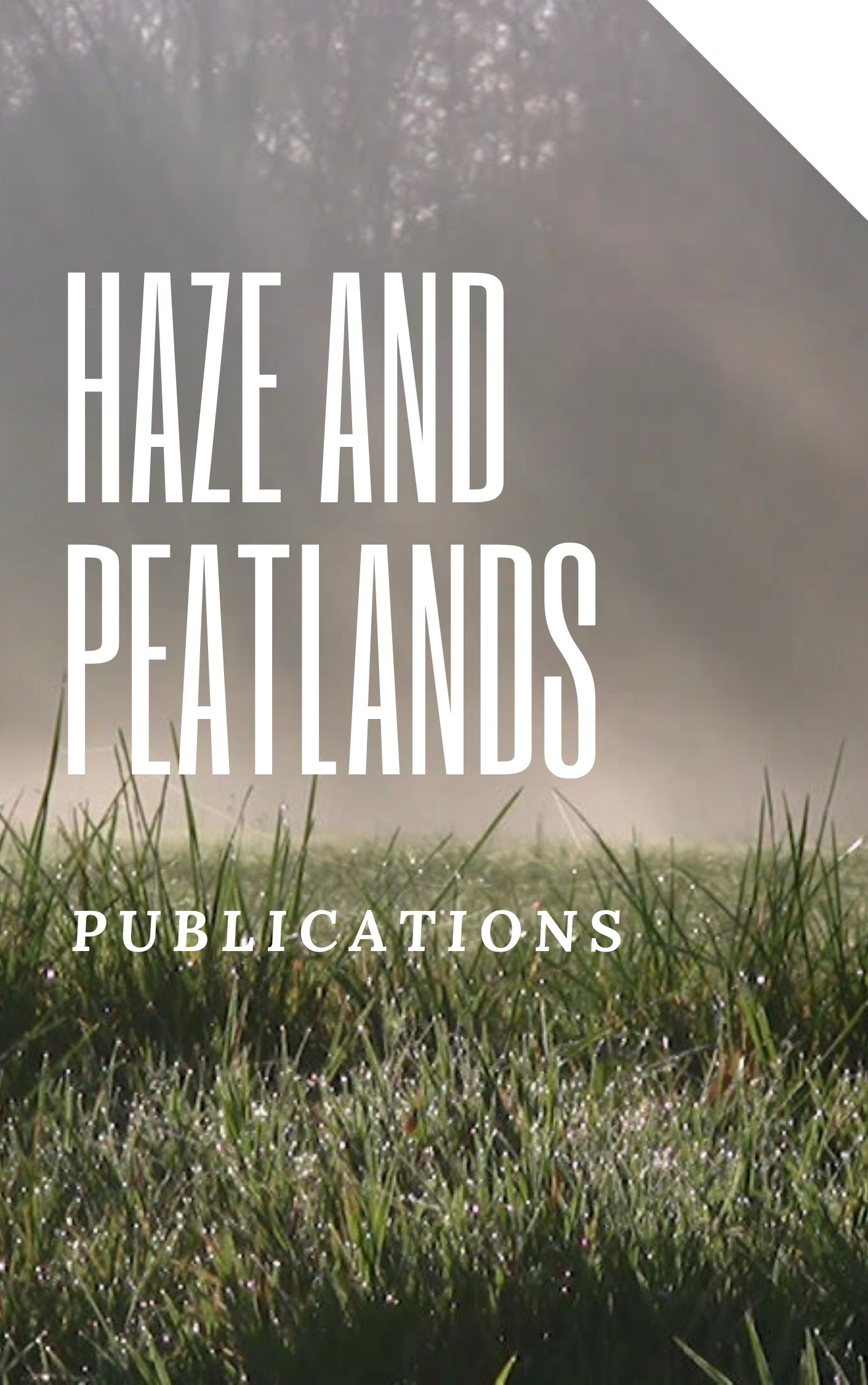This research explores the village community that manages large, degraded, abandoned, and ex-logged peatlands in light of overlapping national development policy, global commodity market forces, and international conservation mandates. The transformation of peatland ownership from public to private owners has led to a predominant shift towards oil palm plantations, facilitated by village elites through partnerships, migration, and smallholder schemes. This conversion has resulted in extensive peatland degradation, drainage impacts, and frequent peat fires. In response, the local community has committed to reducing the use of fire for land clearance and water management. As an alternative, machinery is used to manage the peatland. However, employing excavators for land clearance and constructing peat water-draining canals poses other threats, of peatland depletion, increased fire occurrences, degradation and compaction of peat. This study seeks to explore community-level degraded peatland management dynamics by understanding (i) the actors' conflicting intentions and continuous negotiation (between conservation, exploitation, and development), (ii) considering the impact of tenure insecurity and the power struggle surrounding further peatland exploitation, and (iii) the need for broader discussions about community peatland management beyond fires.
View source

